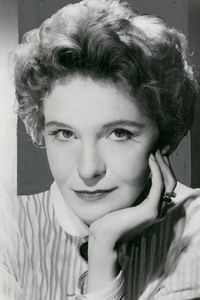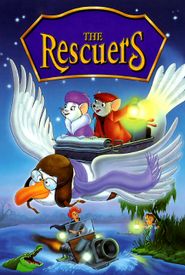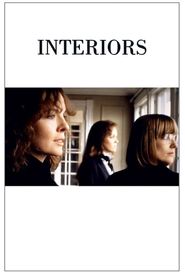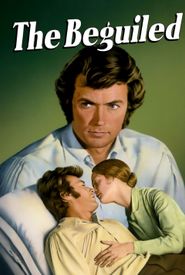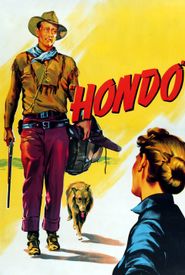Geraldine Sue Page was born on November 22, 1924, in Kirksville, Missouri, to Dr. Leon Elwin Page, an osteopathic physician, and Pearl Maize Page, a homemaker. She had an older brother named Donald. The family moved to Chicago when Page was five years old. Growing up, her interests and hobbies were directed toward the arts. She tried writing and painting while younger, but that proved too frustrating. She wanted to be a concert pianist, but her family couldn't afford all that training. While she was still a preteen, she joined the drama club at her church and soon found her passion. She began reading all kinds of plays as well as reading about actors. She was fascinated with the careers of actresses like Lucille La Verne, Maude Adams, and Eva Le Gallienne.
Upon graduation from high school in 1942, she entered the Goodman Theater School, where she performed in just about everything in which students could perform, as well as earning money working for a children's theater group. When she completed the three-year program in 1945, she and several other students organized a summer stock theater in Lake Zurich, Illinois. After the summer season, she headed for New York City. Unfortunately, by Christmas she was working three part-time jobs just to get by and not finding any work as an actress. She returned to Chicago that winter and accepted a position as a part-time instructor in the theater department at DePaul University for the spring semester. After another summer at Lake Zurich, Miss Page headed for New York again, this time joining a stock company in Woodstock, New York. She spent the next two summers in Lake Zurich, and the rest of the time performing in Woodstock playing everything from young girls to grandmothers.
In 1948, she made her New York City debut with an Off-Broadway production of "Seven Mirrors." She spent the next four years performing with Off-Broadway groups and summer stock in New Jersey. She also performed character parts on radio shows. In 1952, she had the lead in an Off-Broadway revival of Tennessee Williams' "Summer and Smoke." That production caused a sensation, not only with critics but with a growing audience marking the first big hit Off-Broadway. Page won the Drama Critics Award, becoming the first person from a non-Broadway production to receive such an award.
Page put off a number of film offers and instead played leading roles on radio and television, and made her Broadway debut in January 1953 in Vina Delmar's play "Mid-Summer." Although the play was dismissed by most critics, she was hailed by critics for her portrayal of an uneducated woman married to a schoolteacher.
In the fall of 1953, she made her film debut opposite John Wayne in the western Hondo (1953). Although she received an Academy Award nomination as Best Supporting Actress, she wasn't offered any good parts in Hollywood and returned to New York.
During the 1950s, Page's theater career flourished. She played a variety of roles on Broadway including a vindictive wife of a homosexual in "The Immoralist," to a lonely spinster in "The Rainmaker." She also made frequent radio and television appearances and honed her craft at the Actors Studio. It was in the fall of 1959 that Page starred opposite Paul Newman in Tennessee Williams's "Sweet Bird of Youth." Her role as a pathetic fading movie star earned universal praise, her first Tony Award nomination, and interest again from Hollywood. It was also when she met and married one of her co-stars, actor Rip Torn.
In 1961 she starred in the film version of Summer and Smoke (1961) and in 1962 in Sweet Bird of Youth (1962). She earned consecutive Golden Globe awards as well as Academy Award nominations for these two performances.
From now on, Page divided her time between the stage and the screen. Her selectivity was high, whatever the medium. She turned down many famous roles, including the role of Martha in the original Broadway production of "Who's Afraid of Virginia Woolf" and the role of Chris MacNeil in the film "The Exorcist." She was first and foremost a character actress who believed in repertory. She tended to accept parts that were very different from the one she had just played and often liked to rotate between leading roles and supporting roles.
Despite the fact that she was such a highly respected stage actress, very few of her Broadway productions after "Sweet Bird of Youth" were hits, and often closed after just a few performances. The few productions that were hits included revivals of "Strange Interlude" and "The Three Sisters." Most of her better stage work through the rest of her life came in productions Off-Broadway, or in regional theaters across the country. She liked touring the United States and performing theater in states and cities often neglected by Broadway touring companies. In the 1960s
